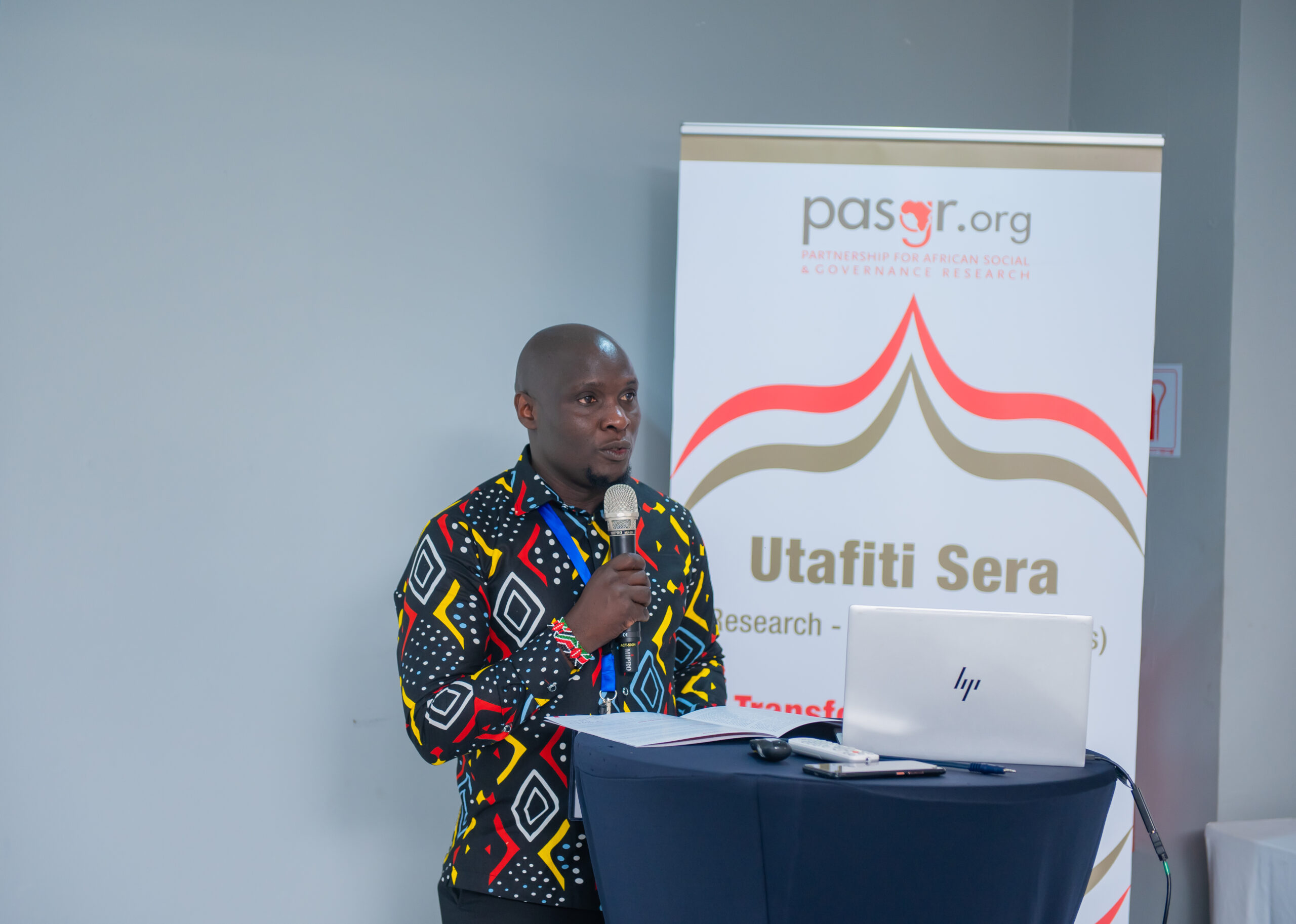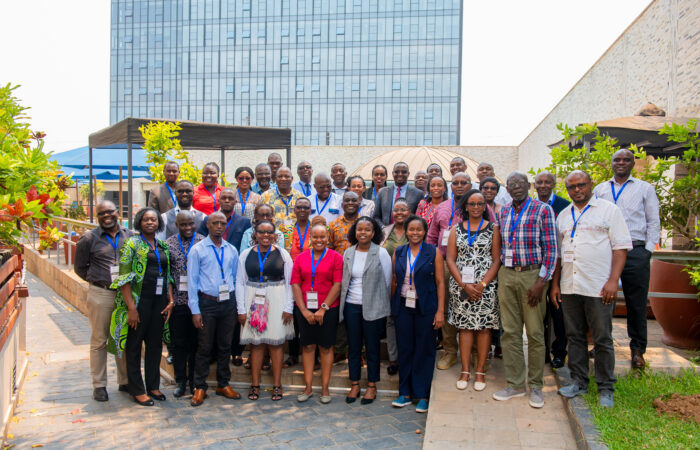As agricultural investments intensify to meet the food needs of a bulging global population, evidence points to the varying effects of conventional agriculture on environmental degradation, habitat fragmentation and biodiversity loss, with negative consequences for livelihoods and human-life quality. To address these challenges, there is an urgent call for countries across the globe to shift towards sustainable food production, processing, transport, and consumption. This complex, interconnected process is referred to as a food system. A sustainable food system, therefore, is understood as one that has the capacity to supply safe and healthy food with positive social-economic benefits and environmental impacts.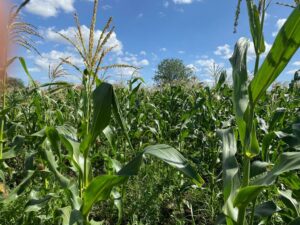
Food insecurity continues to be one of the most pressing and immediate challenges in Sub-Saharan Africa. Similar to many countries within the region, emerging evidence projects a grim picture for food security situation in Kenya for the first half of the year 2023. The dire food crisis is a manifestation of an underlying problem of a dysfunctional food system. While food insecurity has dominated discourses in the continent for decades, the COVID-19 pandemic exposed the magnitude of systemic weaknesses within the food systems in the country and across many countries in Sub-Saharan Africa. The shocks that accompanied and followed the Covid-19 pandemic, interacted with climate change challenges and geo-political conflicts with severe impacts on food production and access to agricultural inputs, food processing and logistics, markets, livelihood security and household nutrition. The nature and extent of these impacts is projected to have long-term effects, particularly on the resilience of inherently vulnerable groups such as women, children, elderly, people living with disabilities, pastoralists, agro-pastoralists and smallholder farmers across the continent.
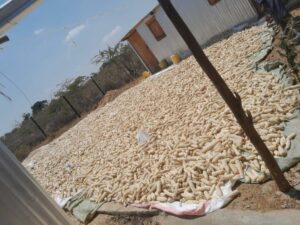 In response to these challenges, the Food Systems Transformation (FST) project seeks to strengthen equitable, inclusive, resilient, and sustainable food systems by integrating existing research evidence into the country’s policy action ecosystem. The FST project aims to enable policy action towards the attainment of Kenya’s commitments as alighed Kenya’s Vision 2030, and in support of the IDRC Strategy 2030, AU Maputo declaration, and Sustainable Development Goals.Using PASGR’s flagship Utafiti Sera Framework, the FST project will draw on existing evidence on food systems in Kenya and stakeholder engagements to support existing evidence-policy pathways towards the realisation of affordable, acceptable, high quality, safe and nutritious foods. This will be done by: (1) Establishing a community of practice on Sustainable Food Systems Transformation; (2) Capacity enhancement exchange sessions; and (3) High-level policy engagements and communication. The project will bring together a diverse pool of stakeholders, ranging from state, non-state, and international actors with varying interests in the food value chain.
In response to these challenges, the Food Systems Transformation (FST) project seeks to strengthen equitable, inclusive, resilient, and sustainable food systems by integrating existing research evidence into the country’s policy action ecosystem. The FST project aims to enable policy action towards the attainment of Kenya’s commitments as alighed Kenya’s Vision 2030, and in support of the IDRC Strategy 2030, AU Maputo declaration, and Sustainable Development Goals.Using PASGR’s flagship Utafiti Sera Framework, the FST project will draw on existing evidence on food systems in Kenya and stakeholder engagements to support existing evidence-policy pathways towards the realisation of affordable, acceptable, high quality, safe and nutritious foods. This will be done by: (1) Establishing a community of practice on Sustainable Food Systems Transformation; (2) Capacity enhancement exchange sessions; and (3) High-level policy engagements and communication. The project will bring together a diverse pool of stakeholders, ranging from state, non-state, and international actors with varying interests in the food value chain. 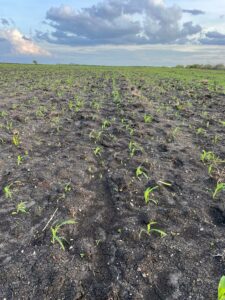 These include farmers’ representatives (both small- and large-scale), state government officials, trade organizations and associations, private multi-national companies/producers, processors, brokers, wholesalers/retailers, agricultural workers and their associations, and consumer representatives among others. The FST project will seek to strengthen existing evidence base in support of stakeholders’ efforts in change processes such as policy reforms.
These include farmers’ representatives (both small- and large-scale), state government officials, trade organizations and associations, private multi-national companies/producers, processors, brokers, wholesalers/retailers, agricultural workers and their associations, and consumer representatives among others. The FST project will seek to strengthen existing evidence base in support of stakeholders’ efforts in change processes such as policy reforms.
The main objectives of the Food Systems Transformation House include:
- Strengthening capacity of actors across the food value chain in accessing and appropriating inclusive research evidence in practice and policy.
- Engaging stakeholders in a rigorous reflection of the Kenya’s food systems policy environment aimed at streamlining reinforcing policies across sectors, identifying strategic pathways to action.
- Facilitating collaborative long-term knowledge exchange and amplify evidence-informed and innovative solutions in the food systems value chain; and
- Mobilising last mile momentum in attaining a national food systems policy with sufficient regulatory framework for operationalising it.
Project Contact Person: Dr. Muthio Nzau (info@pasgr.org / research@pasgr.org)
Project Supported by: International Development Research Centre (IDRC)

